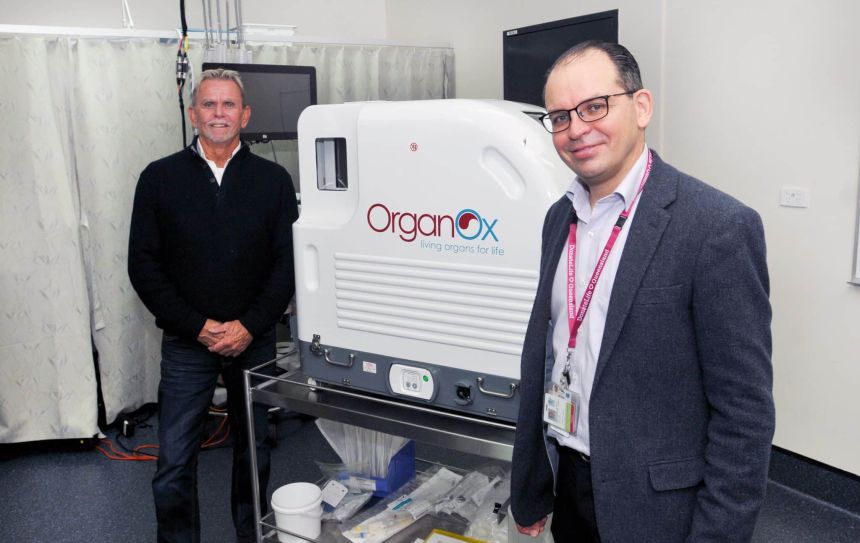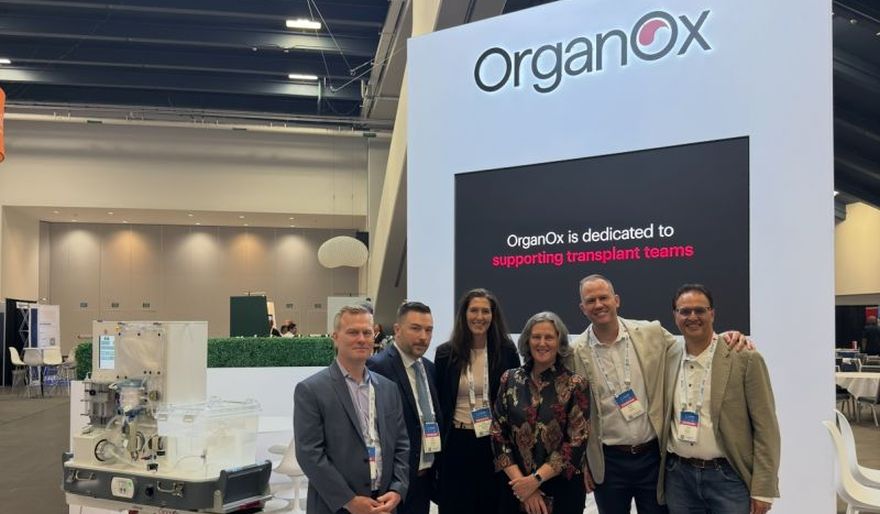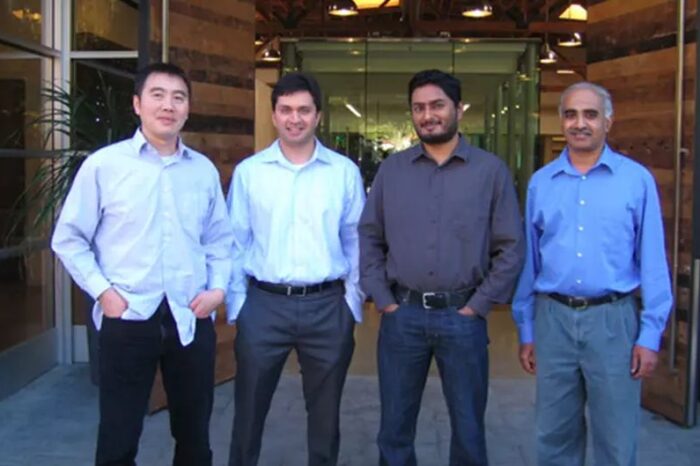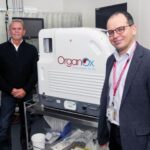Oxford spinout OrganOx acquired by Terumo for $1.5 billion, largest university spinout exit in UK history

OrganOx, the Oxford University spinout that has been quietly reshaping the field of organ transplantation, is being acquired by Tokyo-based Terumo Corporation in a $1.5 billion deal — the largest acquisition of a university spinout in the UK to date. The agreement, still subject to regulatory approvals, marks a milestone moment for both Oxford’s innovation pipeline and the country’s venture capital scene.
In an email to TechStartups, the University of Oxford confirmed the acquisition, calling it the largest exit of an Oxford spinout in history.
Founded in 2008 by engineering professor Constantin Coussios and transplant surgeon Peter Friend, OrganOx grew out of Oxford’s Institute of Biomedical Engineering and the Nuffield Department of Surgical Sciences. The company has built its reputation around organ preservation technology that keeps donor organs functioning outside the body longer than traditional cold storage methods.
From Lab to $1.5B Exit: Oxford Spinout OrganOx Acquired by Terumo

At the heart of OrganOx’s work is a technique called Normothermic Machine Perfusion (NMP), which circulates warm, oxygen-rich fluid through donor organs. By mimicking the conditions of the human body, the system allows doctors to assess whether a liver or a kidney is viable for transplant in real time. That innovation has opened the door for more organs to be used — including those once considered too risky — while easing the pressure of emergency procedures that often take place overnight.
So far, more than 6,000 transplants worldwide have relied on OrganOx systems. The company’s impact was recently recognized with the 2025 MacRobert Award, the UK’s top prize for engineering innovation.
Oxford University itself backed the company from its earliest days, first through its University Challenge Seed Fund and later via the Spinout Equity Management Fund. That long-term support, combined with cross-disciplinary collaboration between engineering and surgical sciences, set the stage for OrganOx’s commercial success.
Coussios, now director of Oxford’s Institute of Biomedical Engineering, reflected on the achievement: “This technology was born from a deep collaboration between engineering and clinical science within the Institute of Biomedical Engineering, uniquely enabled by Oxford’s unparalleled cross-disciplinary innovation ecosystem. From the outset, our aim was to solve one of transplantation’s greatest challenges: preserving organs in a viable state for longer, so as to make it possible to assess and potentially transplant what was previously thought untransplantable. Seeing that vision realised for the benefit of patients across four continents has been incredibly rewarding, and this acquisition will further enhance the global reach and impact of Oxford’s innovative science.”
Peter Friend, co-founder and long-time director of the Oxford Transplant Centre, echoed the sentiment: “As a clinician, I’ve seen first-hand the limitations of traditional organ preservation. OrganOx technology is transforming the landscape of organ transplantation, with huge impact on both patients and surgeons. The success of this venture results from a highly effective synergy between two academic departments, Surgical Sciences and Biomedical Engineering, and the University of Oxford’s support has been instrumental in translating our research into real-world impact.”
For Oxford University, the deal reinforces its status as a powerhouse in university innovation.
“OrganOx’s success is a powerful example of how Oxford’s research can transform lives,” said Vice-Chancellor Irene Tracey. “This landmark acquisition not only celebrates a pioneering technology but also affirms the strength of our innovation ecosystem — built on deep collaboration, bold investment, and world-class science. It marks a proud moment for the University and signals the scale of impact we will continue to deliver through our world-leading research and associated spinouts.”
Adam Workman, head of investments and ventures at Oxford University Innovation, called the acquisition “a landmark moment for Oxford University’s innovation ecosystem. It reflects the strength of our spinout model and the long-term value of investing in transformative science from the earliest stages.”
For Terumo, the acquisition strengthens its position in global medical technology and extends OrganOx’s reach across new markets. For Oxford, it represents more than just a record-breaking exit — it underscores how academic research can push its way from lab benches to hospital wards, shaping industries and saving lives along the way.




